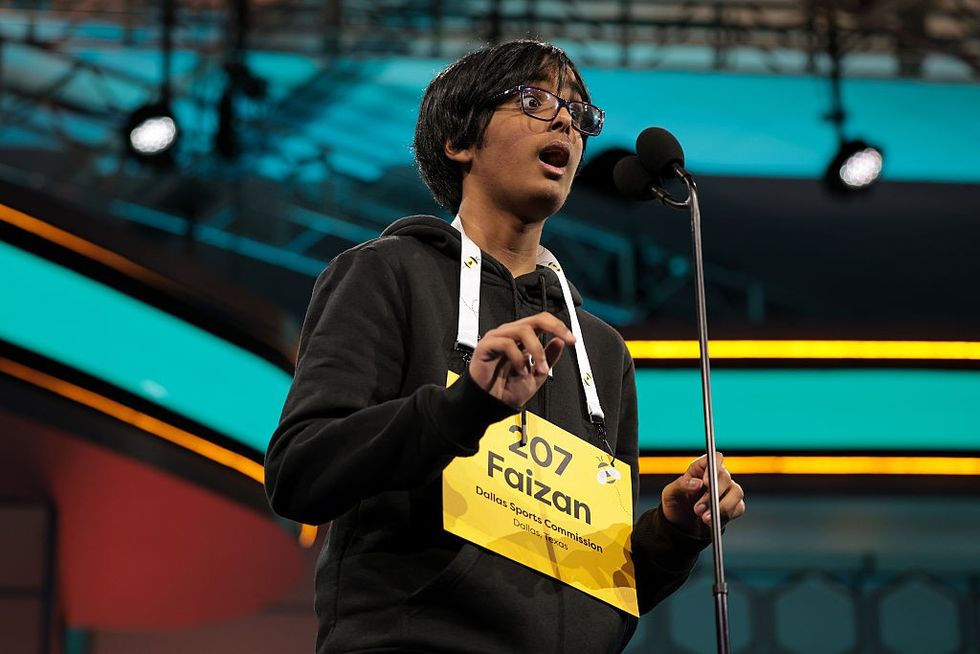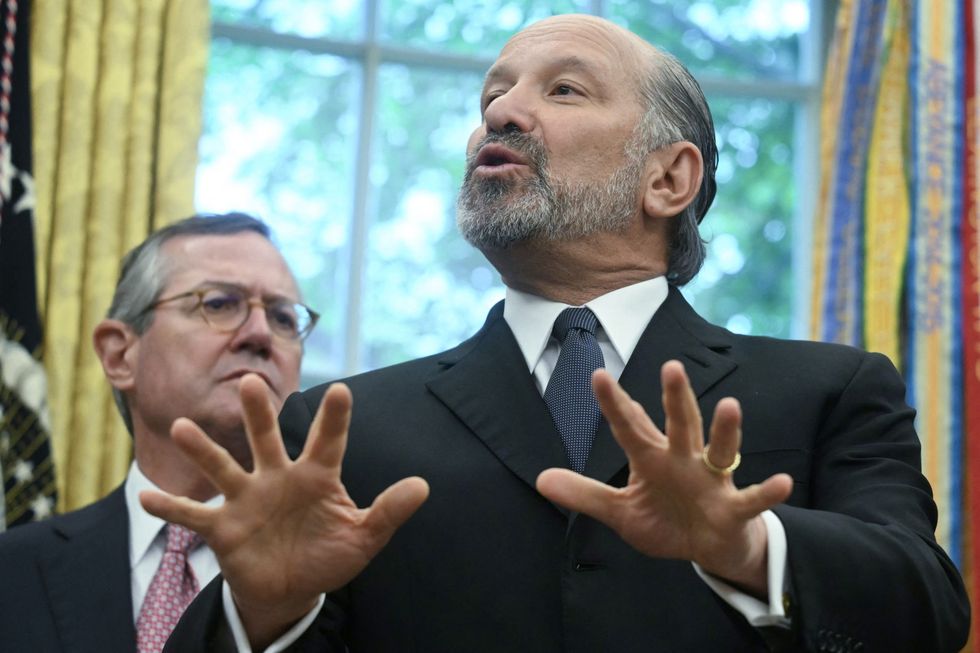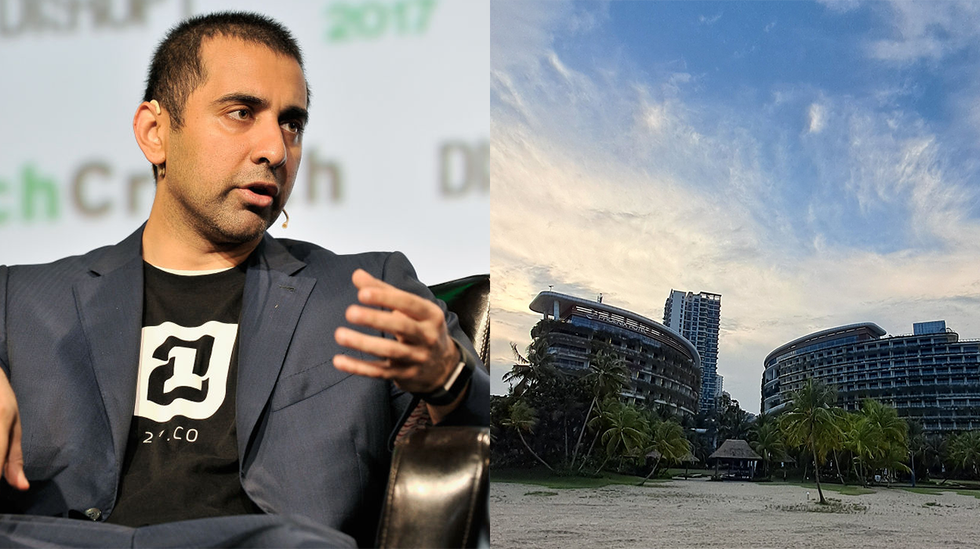NOBEL laureate economist Andrew Michael Spence has praised India saying it has successfully developed the best digital economy and finance architecture globally. The 80-year-old Canadian American shared his views during an interaction with students at Bennett University in Greater Noida in the northern Indian state of Uttar Pradesh.
According to a statement issued by the university, Spence, who won the Nobel prize in Economic Science in 2001, said, "The major economy with the highest potential growth rate right now is India. India has successfully developed by far the best digital economy and finance architecture in the world. It is open, competitive and delivers services of an inclusive kind to a vast array of territory."
He also pointed out that the world is experiencing a "kind of regime change in the global economy".
Read: India vows to protect digital citizens from AI harm: Won’t let attempts to succeed, says minister
Tracing the evolution of the global economy after the Second World War (1939-45), the economist said that the 70-year-old global system is "breaking down" due to factors such as pandemics, geopolitical tensions, climate shocks, and others.
Emphasising that the global system -- built on economic criteria such as global supply chain centred around efficiency and comparative advantage considerations -- is undergoing a rapid transition, he pointed out that "in a shock-prone world, it doesn't make sense to have single sourcing".
Read: Digital, green, care & industry 4.0: The changing face of Indian economy
As the focal point of global influence gradually shifts to the East, there's a fundamental transformation underway in the global economy, Spence, who is associated with prestigious institutions such as Harvard University and Stanford University and others, said, adding supply chains are diversifying, and global governance is becoming increasingly complex.
Acknowledging the challenges, he expressed optimism stemming from affirmative responses to critical questions regarding the improvement of human welfare. Spence highlighted significant advancements made in fields of science and technology as potential tools for enhancing human well-being, citing developments such as generative AI, breakthroughs in biomedical life sciences, and monumental energy transitions.
Spence cited the example of competitive pricing of solar energy and quoted the cost of DNA sequencing having reduced from $10 million (£7.9 million) dollar earlier to $250 (£198) now. However, he added there is downside to this technological growth, and emphasised on its availability to both big and small businesses alike.
"We now have incredibly powerful scientific and technological tools that, if we use correctly, can be used to essentially deliver wellbeing and opportunity to a wide range of people," said Spence, who was recognised for his analysis of markets with asymmetric information.














